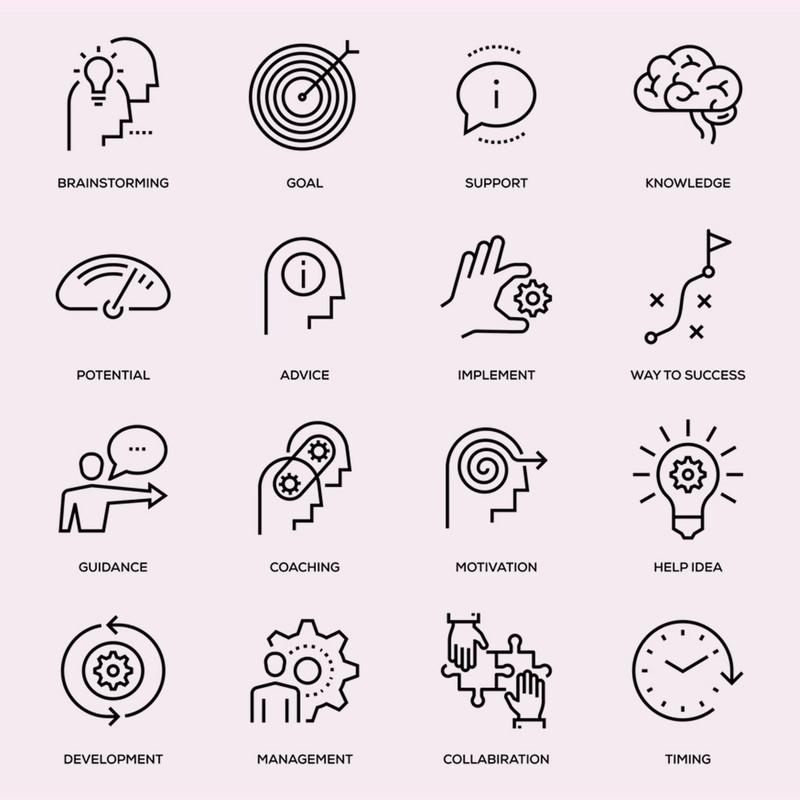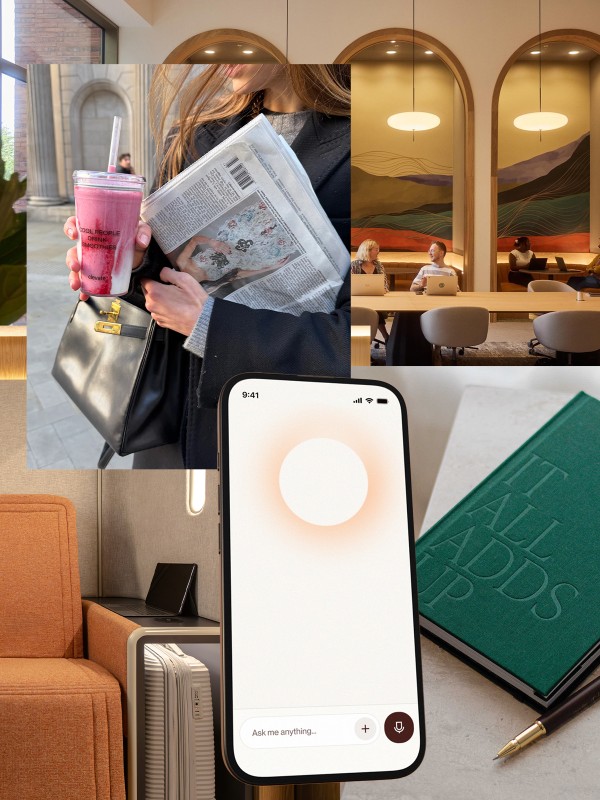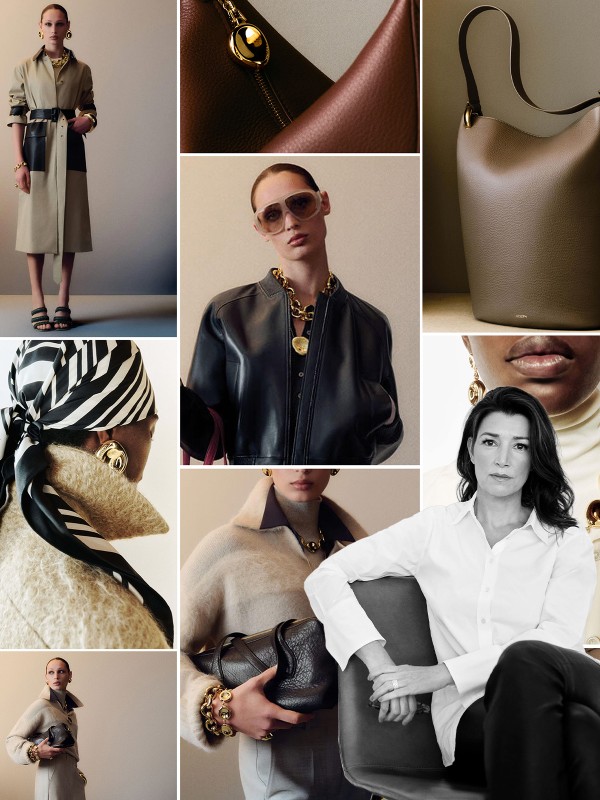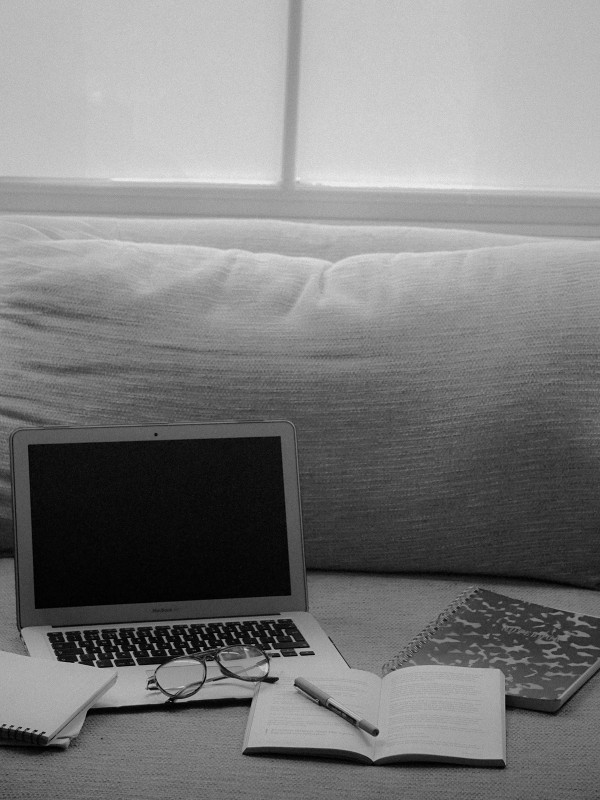My Interesting Job: Behavioural Change Coach
I always wanted to work with people and effect positive change in some way. Both my parents are immigration and human rights lawyers. My dad doesn’t practise anymore, but growing up in that kind of family, you hear stories from a young age about the different sorts of lives people live. When I was seven years old, my parents went on sabbatical and took me and my twin brother travelling. I remember being in Nepal and just being absolutely shocked by the poverty. I’d come from London and didn’t really understand what it meant to be poor halfway across the world. I remember so vividly standing there, at seven, with my jaw on the floor.
For the past six years I’ve been working as a behavioural change coach. I started doing this kind of work when I was working for a charity running rehabilitation programmes in prisons for young men. That’s where I discovered neuro linguistic programming (NLP). NLP is a model that was created in California in the 80s by Richard Bandler and John Grinder, who were fascinated by how humans did things excellently. NLP is very structured as a process: ‘neuro’ is about neurological pathways in your mind; ‘linguistic’ is about how you communicate with yourself and other people; and ‘programming’ is about the action that you take in the world. It’s all about results and action as a consequence of the way you communicate with yourself.
I saw how useful NLP was for some of the young men that I was working with – some of whom had committed lots of offences and had been doing the same thing repeatedly and getting into trouble. To see a cyclical reoffender change their patterns of behaviour and do things differently was really inspiring to me. When I was working with these young men in person, on the ground, I found the training that I’d done in NLP incredibly useful, in communicating with them and showing them how to think differently, from different perspectives, and new ways of doing things.
I've always been really fascinated by people and how we work and the stories we tell ourselves about who we are, because storytelling is human nature. I studied classics at university, then I did a master’s in the reception of the classical world. I remember in my first year at university, reading a book about Achilles and how he essentially exhibits the symptoms of post-traumatic stress disorder (PTSD). But PTSD was only very recently labelled as an experience, after the Vietnam War. The thing I loved most about studying the Greeks and the Romans, and reading the stories, myths, literature, philosophy, politics and everything is just how universal human nature is – and how we’re the same human beings today and we’re still experiencing the same physical, biological processes.
When I was at university, I would go into state schools and mentor one-to-one. I used to tutor as well so, from a young age, I’ve always worked with people in that kind of capacity. When I finished my master’s, I joined the charity Key4Life as a volunteer. I was paired up with a guy who was soon to be released from prison. I started off doing comms, events and fundraising, as well as working as part of the team on the ground. Soon, I started running the programme in London and then I became operations manager running all the programmes.
My next job was at the Leon restaurant group, where I was head of wellbeing. My role was to develop and deliver a wellbeing programme for all its employees – whether that’s people who work back of house, front of house or in the office – to enable them to live well. That’s part of the mission statement of Leon, so it’s really important that starts with the employees and isn’t reserved just for the customer experience.
My biggest success story is a man I met through Leon. I started working one-to-one with some of the people who were involved in the terrorist attack on Westminster Bridge. They were suffering from trauma, so I worked to show them how to change how they were remembering and recalling what had happened. When we started working together, he couldn’t be in a crowd or by the river or anywhere that reminded him of what had happened that day. At the end of the process, we did the walk he’d done that day, through Westminster and over the bridge, and it was just incredible to see the physical transformation in him. He is why I’m here and doing this job.
There’s no such thing as a typical day. For the past year or so, I’ve been running my own business as a coach and trainer. I work with people individually, doing one-to-one coaching work, as well as running talks – anything from 45-minute keynote speeches to 400 people to group training sessions. Everything I do is related to how to change behaviour, whether that’s looking at wellbeing or moving towards creating positive outcomes or emotional resilience or leadership, communication, performance, motivation, peer-effectiveness – any area that involves showing people how to change their ways of thinking in order to get results. Some days I’m running an all-day training programme for an organisation; other days I’ll have meetings and talk to people about possible work that I might have with them; or I could be on a training course myself. It changes a lot.
It’s important I actually give myself time to relax and rest. I essentially have to live my values: I need to be completely authentic in what I’m sharing with people. So it’s really important to me that I have time to do the things that make me feel good. I have a lot of acupuncture and I swim and do trapeze because, in order for me to be at my best, I need to give myself time to do the things that enable me to recharge, rest and feel good.
You don’t have to carry other people’s experiences around with you. The most important part of my work is knowing how to go into someone else’s experience, so I can really feel what it’s like to have been there. Then I have to be able to come back to who I am and have that deep sense of connection with myself. When I was working for the charity, that was my biggest lesson to learn. It’s a central part of the work I do.
There are useful qualities needed for a job like mine. I’m genuinely an energetic person and I always look at the positives. I believe that’s probably quite useful to have, especially when running training programmes. Being flexible is also really useful because you never know what’s going to happen. If something happens in a talk, I just go with it and make use of what’s happening in the room. Being curious to find out what’s going on for another person is really important, as is being able to be as present as possible, so you leave any kind of prejudgments behind. You need to be genuinely curious to find out what’s going on inside other humans.
The thing I love about my practice is it’s completely about us as humans. My role is just to be with a client and to go on this quest of discovery, and that's why being curious and flexible is so important, because I have no idea what's going to happen in any of my sessions.
I've got so many mentors. I'm only where I am because of the people that I have turned to for support. I have lots of people that I call upon who have been invaluable to me. That's similar to the NLP framework, which is to look for people who you find inspiring in the world. It doesn’t mean you want to be that person; it just means they do something that makes you feel excited, or you find inspiring.
You don’t have to commit yourself to one role model. You can have as many mentors as you want for all the different things going on in your life. And it’s just as important to do that for other people as well – this brings the whole thing full circle. You don’t necessarily have to find a mentor in your field of work. It could be just as useful for you to talk to somebody who has different skills.
I feel like I was born in a different decade. I’m very much an ‘in person’ person. I really like face-to-face human contact with people. I talk to anyone and everyone – some of the people I consider mentors now I’ve met on a bus. The woman who is making my promo video is someone I once sat next to on an aeroplane. I just love talking to people and that comes back down to the curiosity thing. For me, if there are people around me, I love to connect with them and talk to them. You never really know who someone is going to be or what you’re going to have in common.
Continuous training and development is really important to me. I first trained at Key4Life, then I did a diploma there. When I left the charity, I did my NLP practitioner training course. Leon supported me in doing my master practitioner training course. I’ve done further training since then. I love what I do because, in order to be able to offer the best to my clients, I have to be continuously learning, growing and developing myself.
If you’ve got a business idea, just get on with it. You can literally spend your whole life planning it but, until you try, you'll never know. Because it’s scary and risky, people often hold themselves back from taking the leap. You don’t want to be thinking 20 or 30 years down the line, ‘God, I wish I’d tried that thing I thought about 20 years ago.’ Also, learn to trust your instincts. And remember to ask for other people’s advice. That said, if you have an idea, the most important thing is that you believe in your idea – because if you don’t believe in it, no one else will.
Vida Carmel is running a workshop on 25th January called I Hear Me, which is all about connecting with yourself. This one-day experiential workshop will show you how to deepen your relationship with yourself and take action that is most congruent with all parts of you. Reserve your place here.
Visit VidaCarmel.com
DISCLAIMER: We endeavour to always credit the correct original source of every image we use. If you think a credit may be incorrect, please contact us at info@sheerluxe.com.






